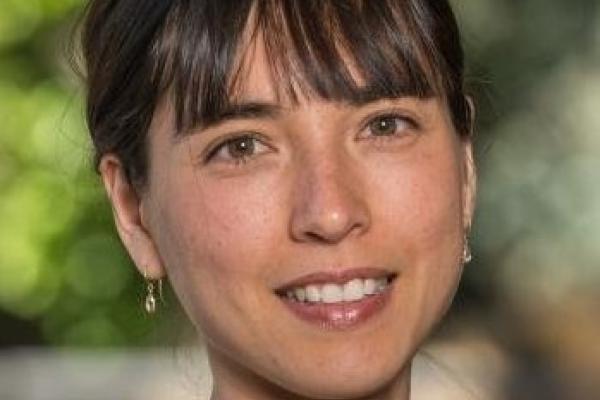
The DSC is co-sponsoring a talk by Dr. Gabrielle Wong-Parodi of Stanford University, who is presenting research as part of the Spring 2025 SENR Seminar Series. The talk is scheduled for Tuesday, January 28 from 4:00-5:30pm in 103 Kottman Hall. There will also be a Zoom option (TBA).
Dr. Wong-Parodi’s research explores how people make decisions to address the impacts of climate change, and how robust interventions can empower them to make decisions that serve their lives, communities, and society. Dr. Wong-Parodi applies multiple convergent methods—interviews, surveys, experiments, prospective longitudinal designs, ecological momentary assessments, and remote and personal sensing. She has worked on a range of topics related to climate change including energy, adaptation, mitigation, emerging technologies, conservation, health, and sustainability in the U.S., China, and Costa Rica. Currently she is serving as a member of the American Psychological Association's Climate Change Task Force, the National Academies advisory board to the U.S. Global Climate Change Research Program, and the National Science Foundation's Natural Hazards Engineering Research Infrastructure Science Plan
